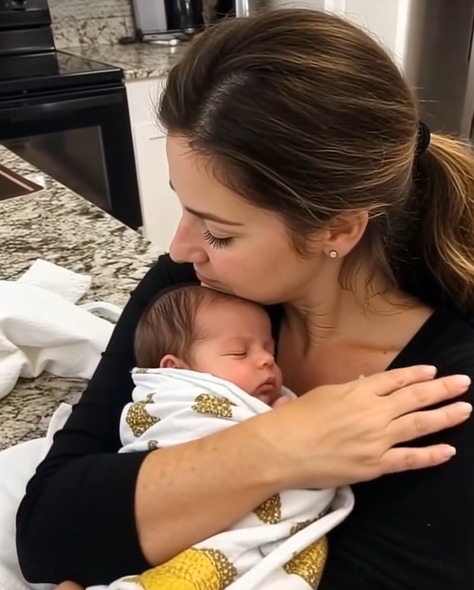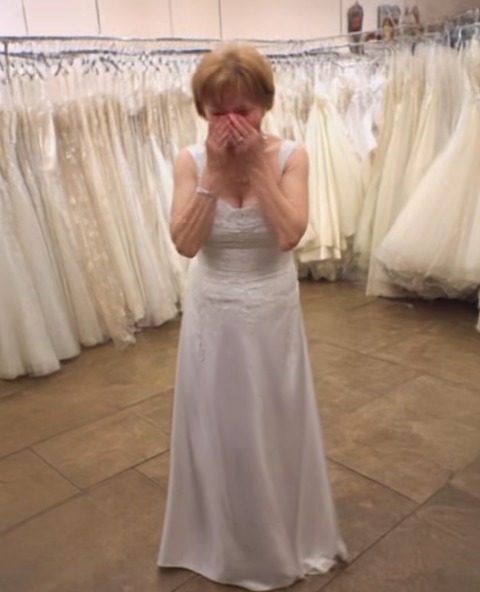The early days with a new baby are a whirlwind of overwhelming love and profound exhaustion. While I cherished every snuggle and sleepy sigh from my daughter, I was also navigating a deep, surprising loneliness. My mother-in-law had moved in to help, but her presence somehow made me feel more invisible. Our home was constantly filled with visitors and cheerful noise from the kitchen, yet I felt isolated in a bubble of feedings and diaper changes, my own needs quietly fading into the background.
The breaking point came one evening after a long session of nursing and soothing. I emerged from the nursery, my body aching for sustenance and my spirit yearning for a simple acknowledgment. What I found was a clean kitchen and the cheerful aftermath of a meal everyone had enjoyed without me. The offhand comment, “We thought you weren’t hungry,” struck a deep chord. It wasn’t about the missed meal; it was the stark evidence that in my own home, I had been completely overlooked.
Feeling utterly defeated and unheard, I knew I needed space to breathe. After a tense, whispered argument with my husband, who failed to understand the depth of my hurt, I made the decision to leave. I packed a small bag for the baby and went to my mother’s house, where the quiet was a relief and I felt protected. It was a drastic move, but it was the first step I took to advocate for my own well-being and, by extension, my daughter’s.
In a moment of clarity the next day, I reached out to an unexpected ally: my father-in-law. His response was not one of defensiveness but of immediate understanding. He came over and, with a calm and firm presence, reframed the entire situation. He spoke to my husband about the practicalities of support—that partnership means ensuring your wife has a hot meal and a quiet moment. He reminded my mother-in-law that true help alleviates stress, not adds to it. Then, he personally took me out to dinner, restoring my faith with a quiet meal and the simple act of being listened to.
Returning home didn’t solve everything instantly, but it marked a new beginning. My husband began to truly see the invisible labor of motherhood and stepped up as a more engaged and attentive partner. My mother-in-law learned to offer help that was asked for, not assumed. That empty plate became a powerful symbol for our family, teaching us that caring for a new mother is just as crucial as caring for the newborn, and that a strong family is built on noticing each other’s silent struggles.


